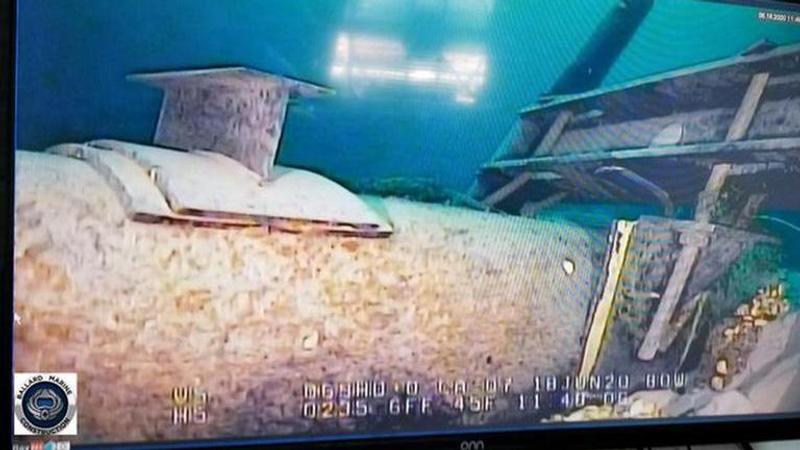Published 05:55 IST, November 25th 2020
US: Enbridge sues Michigan over oil pipeline shutdown order
Enbridge filed a legal challenge Tuesday to Michigan Gov. Gretchen Whitmer's recent demand that the company shut down its oil pipeline that crosses the waterway connecting Lake Huron and Lake Michigan.

Enbridge filed a legal challenge Tuesday to Michigan Gov. Gretchen Whitmer's recent demand that the company shut down its oil pipeline that crosses the waterway connecting Lake Huron and Lake Michigan.
The Canadian company accused the state of overstepping its bounds, arguing that Enbridge's Line 5 was under the sole regulatory jurisdiction of the U.S. Pipeline and Hazardous Materials Safety Administration.
“This is the latest attempt by the state of Michigan to interfere with the operation of this critical infrastructure by assuming authority it does not possess,” the company said in a statement.
In her Nov. 13 order to halt the flow of oil within 180 days, Whitmer said Enbridge had violated an easement granted 67 years ago to run a section of the pipeline along state-owned land below the Straits of Mackinac. Attorney General Dana Nessel sued in state court to enforce the Democratic governor's requirement.
Enbridge filed its case in U.S. District Court in Grand Rapids, Michigan, underscoring its contention that the pipeline is a federal matter. It also submitted a notice seeking to transfer the state's suit to the federal court.
Vern Yu, the company's president for liquids pipelines, said the state should “stop playing politics with the energy needs and anxieties of U.S. and Canadian consumers and businesses that depend on Line 5."
Whitmer spokeswoman Tiffany Brown said Enbridge's suit “brazenly defies the people of Michigan and their right to protect the Great Lakes from a catastrophic oil spill."
“In short, Enbridge claims it can continue to pump oil through the Straits of Mackinac indefinitely, posing enormous risk to our economy and way of life — and that the people of Michigan have no say in the matter," Brown said.
Line 5 moves about 23 million gallons (87 million liters) of oil and natural gas liquids daily between Superior, Wisconsin, and Sarnia, Ontario, traversing parts of northern Michigan and Wisconsin.
The underwater section beneath the straits is divided into two pipes. Enbridge says they are in sound condition and have never leaked, while Whitmer contends they're vulnerable to a catastrophic spill.
Whether the state is legally empowered to close the pipeline is a long-debated question.
In its termination notice, Whitmer’s office said the easement was wrongly granted in 1953 and violated the state's public trust duty to safeguard its Great Lakes waters. A report by the Michigan Department of Natural Resources said Enbridge had failed to meet numerous safety standards.
Enbridge said in its suit that Congress had granted the federal Pipeline and Hazardous Materials Safety Administration “exclusive authority” over energy pipelines. Agency regulations deal with corrosion, strain and other safety concerns, it said, adding that Michigan's shutdown order violates the U.S. Constitution by hampering interstate commerce.
Despite its insistence that Line 5 poses no threat, Enbridge reached an agreement with former Republican Gov. Rick Snyder in 2018 to run a new pipeline section through a tunnel that would be drilled beneath the lake bottom.
The company is seeking federal and state permits for the project, which has drawn support from industry and labor groups.
“An irresponsible shut-down would not only impact the price of gas and propane and the raw materials for countless everyday products, but would also strain the logistics needed to move critical goods throughout our state and region,” John Dulmes, executive director of the Michigan Chemistry Council, said in support of Enbridge's lawsuit.
Environmental groups, native tribes and some tourist businesses oppose the tunnel and have pushed to decommission Line 5.
“We urge the courts to reject this irresponsible effort to strip Governor Whitmer and the state of Michigan of their authority to protect our Great Lakes and our way of life,” said Mike Shriberg, regional director for the National Wildlife Federation.
Updated 05:55 IST, November 25th 2020




